
UCLA Big Data and Politics Seminar Series: The Prevalence and Sharing Patterns of ‘Fake News’ in the US in 2016 and 2020 on Friday, May 14
UCLA Big Data and Politics Seminar Series
The Prevalence and…
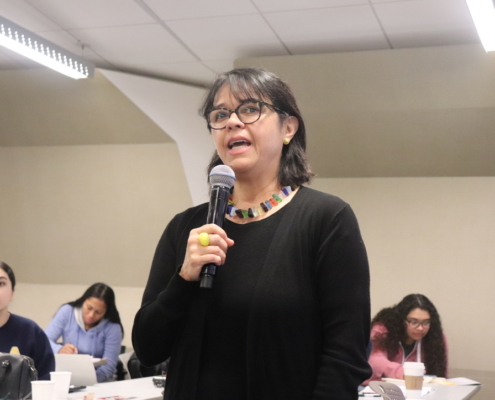
LA Social Science Presents “Immigration and the Media:” UCLA Students Investigate
LA Social Science is proud to present four research papers written…
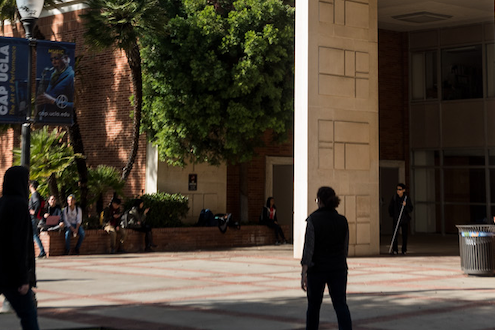
LA Social Science 2021 Summer Course Previews: Integrated Marketing Communications with Prof. Feramisco
As Summer 2021 approaches, LA Social Science will be highlighting…
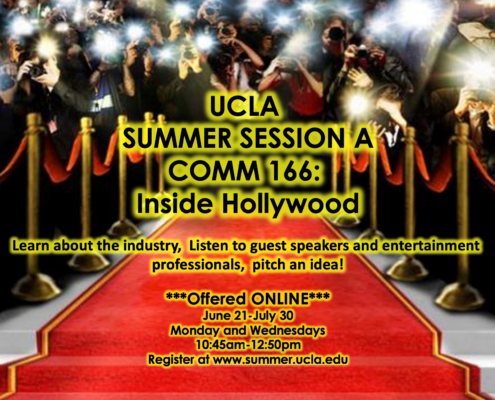
LA Social Science 2021 Summer Course Previews: Inside Hollywood with Professor Peterson
As Summer 2021 approaches, LA Social Science will be highlighting…
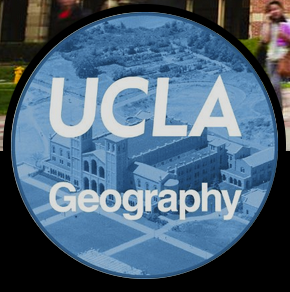
LA Social Science 2021 Summer Course Previews: Department of Geography Summer Courses
As summer 2021 approaches, LA Social Science will be highlighting…

Recent Honors for UCLA History Professors
UCLA History faculty have been doing amazing work. The following…
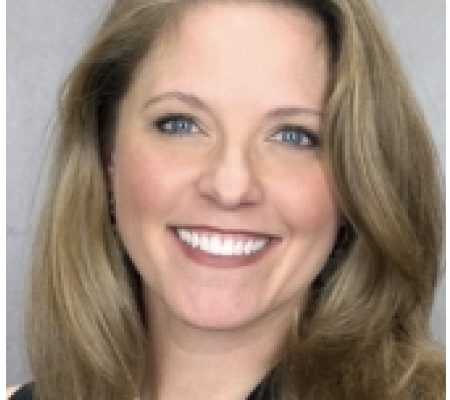
LA Social Science 2021 Summer Course Previews: Careers in Communication with Professor Johnson
As summer 2021 approaches, LA Social Science will be highlighting…
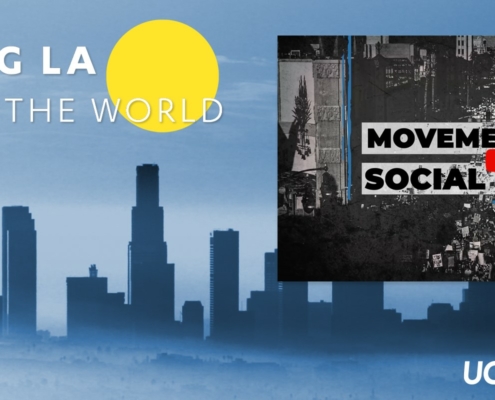
UCLA Division of Social Sciences Premieres “Movements for Social Justice” Video [UPDATED]
Just one day after a Minnesota jury took the unusual step of…

UCLA Big Data and Politics Seminar Series: Legislative Communication and Power on Friday, April 30
UCLA Big Data and Politics Seminar Series
Legislative Communication…
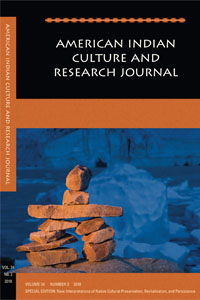
Special Issue of American Indian Studies Culture and Research Journal Focuses on COVID-19 and Indigenous Peoples
Dr. Randall Akee along with Dr. Stephanie Russo Carroll,…

